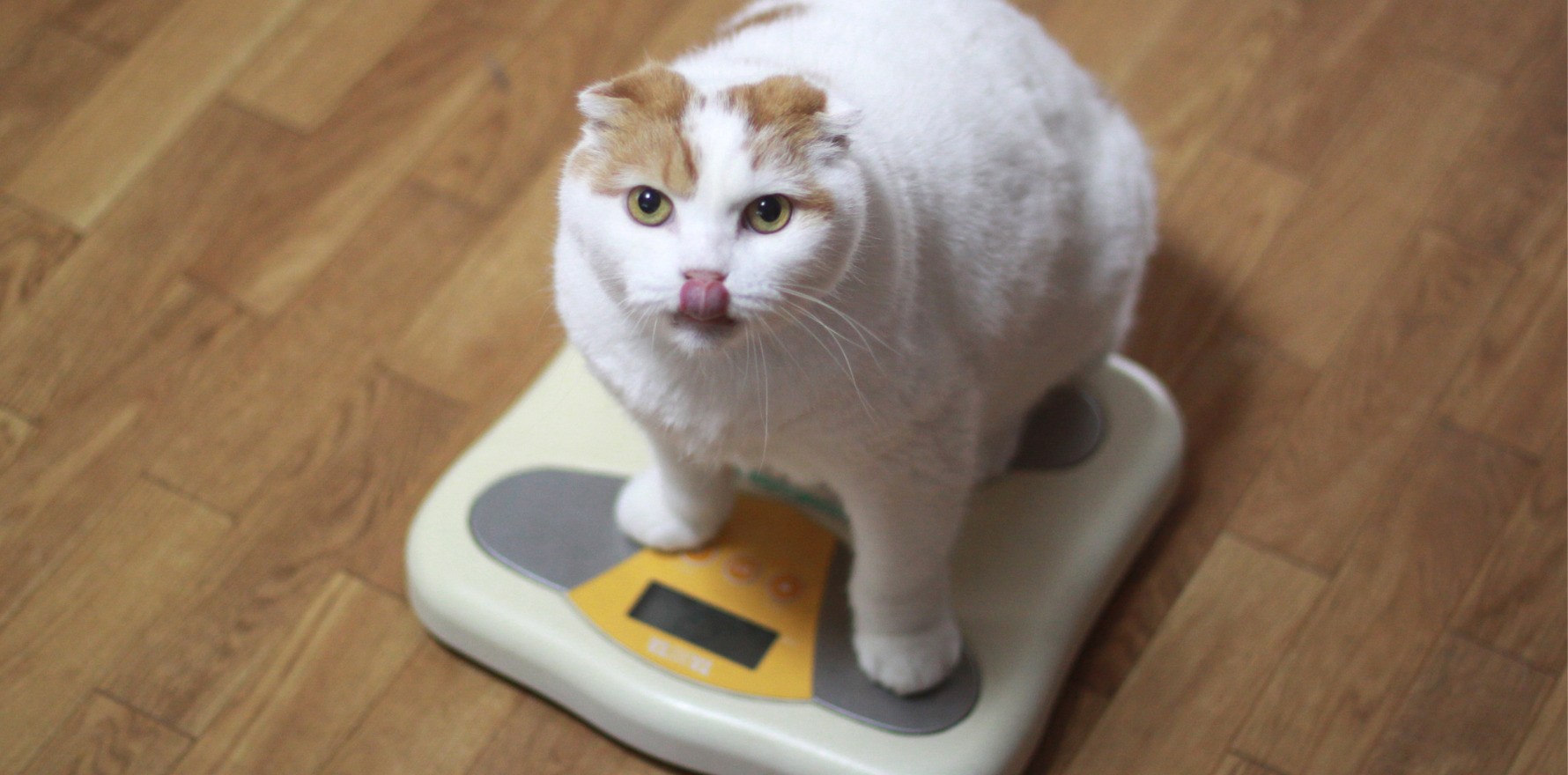A major US study links specific oral bacteria and fungi to a threefold increase in pancreatic cancer risk, suggesting that a simple saliva test could one day help spot the disease before it strikes.
Microbes living in the mouth could hold vital clues about who will develop pancreatic cancer, researchers have found.
The specific oral bacteria and fungi, particularly those linked to gum disease, are strongly associated with a higher risk of pancreatic cancer, raising the possibility that a simple oral sample could one day help identify people most at risk.
The study involved more than 122,000 adults across two major US cohort studies, with findings published in JAMA Oncology.
The researchers found that individuals with elevated levels of the periodontal bacteria Porphyromonas gingivalis, Eubacterium nodatum, and Parvimonas micra, as well as the fungal genus Candida, were significantly more likely to develop pancreatic cancer over nearly nine years of follow-up.
When combined into a microbial risk score that reflected 27 bacterial and fungal species, the presence of these microbes predicted more than a threefold increase in pancreatic cancer risk, they found.
The findings, consistent across both study cohorts, strengthen mounting evidence that oral health may play a critical role in systemic disease, including cancer.
The researchers proposed that the oral microbiome, an ecosystem of bacteria and fungi inhabiting the mouth, could serve as a non-invasive biomarker for early pancreatic cancer detection, a potential breakthrough in a disease that is rarely diagnosed before it becomes fatal.
“Pancreatic cancer is highly lethal; the five-year survival is 13%,” the authors wrote.
“Little is known about ways to prevent this cancer. Smoking, obesity, pancreatitis, and genetics are known risk factors, yet these factors explain less than 30% of all pancreatic cancer.
“To reduce the pancreatic cancer burden, there is a critical need to improve scientific knowledge on the specific causes of this disease and to provide guidance for preventive measures.”
Related
The study also sheds light on how specific microbes might drive cancer development. Candida species, long associated with oral infections, were found not only in the mouths of participants who later developed cancer but also in pancreatic tumour tissue.
Laboratory studies suggest these fungi can promote tumour growth by altering immune responses and producing carcinogenic metabolites. Likewise, several bacteria commonly linked to periodontal disease have been shown to migrate from the mouth to the pancreas, where they can trigger inflammation, immune disruption, and genetic mutations that pave the way for cancer.
“Emerging evidence systematically links oral pathogens to pancreatic carcinogenesis, suggesting that poor oral health may be causally related to pancreatic cancer development,” the researchers wrote.
“Moreover, the swallowing of oral periodontal pathogens can translocate to pancreatic cancer tissue, resulting in strong shifts in the pancreatic microbiome and dysbiosis that releases microbial toxins and metabolites, promoting pancreatic tumorigenesis by triggering an innate immune response and thereby affecting phagocytic potential and inflammatory processes.
“Collectively, the oral microbiome community may exert systemic effects on pancreatic cancer, with oral microbial dysbiosis contributing an etiological link between oral health status and pancreatic cancer development.”
The authors said the work built on previous research linking periodontal disease to pancreatic cancer but went further by pinpointing exact microbial species using state-of-the-art sequencing.
Although the study could not establish a direct cause-and-effect relationship, its design, using samples collected years before cancer diagnosis, supported the idea that these microbial patterns preceded disease rather than result from it.
The authors acknowledged limitations, including the lack of detailed dental records and the predominance of white participants, but emphasised the strength of the large, prospective design and rigorous genomic analysis.
“In conclusion, this cohort study provides compelling evidence that oral microbiota, including bacteria and fungi, are risk factors for pancreatic cancer development, showing a greater than three-fold increase in the risk of developing pancreatic cancer per 1-SD increase in the MRS,” they concluded.
“The oral microbiota holds promise as a biomarker to identify individuals at high risk of pancreatic cancer, potentially enabling personalised pancreatic cancer prevention.”





